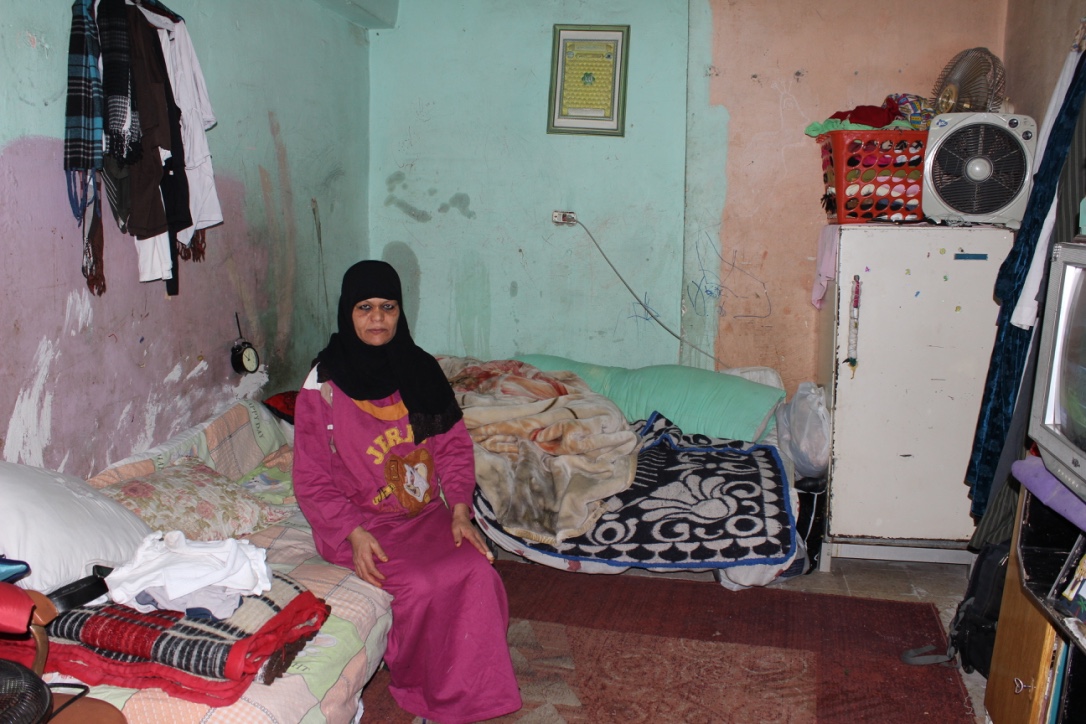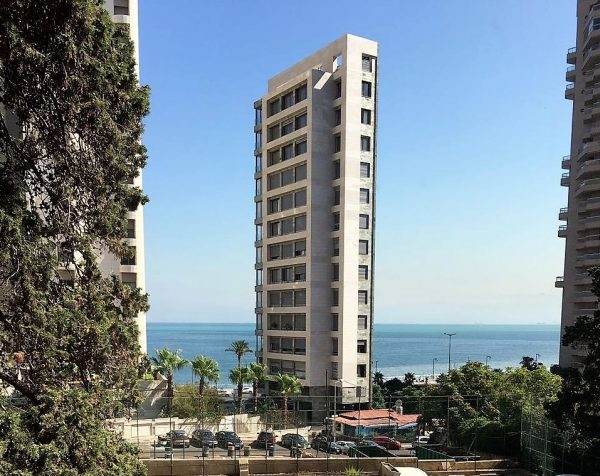Women in Debt Struggle to Reintegrate into Society as ‘Victims of Poverty’
The Masculine State
By: Nourane Selim
Follow @nouraneselim97
According to recent research by the US Global Alliance for Legal Aid’s (GALA) on Egypt, an estimated 20 percent of the prison population are debtors, the majority of which are women.
Trapped by illiteracy and poverty, many Egyptian women spend years in jail for borrowing money they cannot repay due to worsening socioeconomic conditions.
In many cases, women are imprisoned over small debts – some as low as EGP 300.
Debtors can only be released from prison if they reach a compromise with their creditors or their debt is paid off.
Article 376 of the Egyptian Penal Code (Law No. 58 of 1937) states that debtors may face up to three years in jail for failure to pay back their dues.
Sawsan*, a widowed mother of five, was sent to prison after failing to repay a loan of EGP 7,000 for her daughter’s wedding expenses.
“My family faced harsh living conditions especially after my husband died. The installments started to accumulate and I couldn’t pay them back,” she said. Sawsan was released four months later, after a group of her friends collected donations to pay off her debt.
“I wished to see my daughter in her wedding dress. However, now I learned never to borrow money or sign papers again,” she said.
Many women face challenges re-integrating into their communities after being released from prison due to the social stigma associated with incarceration.
Financial aid programs proved to be ineffective, as many women fell back into debt.
The Misr El Kheir (Good Egypt) Foundation started a new initiative in 2010 to help women debtors.
This program aims to alleviate poverty at its roots and rehabilitate ex-prisoners through micro enterprise projects to help them sustain their families.
Aiming to assist female debtors in finding a solid source of income, the organization runs this program for ex-prisoners to produce handcrafted carpets.
The project came into being when the foundation’s research indicated that Egypt has the second largest carpet industry in the world but was facing slow decline in output.
“We decided to set up a carpet industry in Alexandria, teaching women debtors the process for four to five months so that we can provide them with a job and a solid source of income,” said Cherif Azzouz, volunteer manager at Misr El Kheir.
Misr El Kheir now has four handcrafted carpet industries producing high quality carpets that comply with international standards and compete in foreign markets.
Surveys carried out by the Foundation also found that a large majority of women debtors are from the Abyss region in Alexandria.
“We decided to focus on Abyss and try to help women paying back their debts,” he said.
But Azzouz admitted that the rehabilitation process takes time and depends on debt size; the lesser the amount of debt, the faster the woman is released from debt and jail time.
“We depend on donations, so it’s always better to free, for example, three women with EGP 1,000 rather than one with the same amount,” he added.
More than 30,000 debtors have been released from prison since the start of this program,
In the interim, advocacy groups are battling the social stigma that prohibits most released women from finding work.
The Children of Female Prisoners’ Association (CFPA), founded in 1990, collaborated with many Egyptian non-governmental organizations (NGOs) to lead another initiative that will help female debtors.
They propose substituting the penalty of imprisonment with civil service in hospitals, orphanages and elderly care homes.
Yasmin Al-Khayam, president of El Hosary Islamic Charity and one of the participants in the initiative, believes this offers a healthier alternative to treat debtors within society.
“Such initiatives protect hundreds and thousands of female debtors in Egypt from the danger of getting jailed, which also involves terrible losses to their families and children,” she said.
“People need to understand that those women are not criminals, they are victims of poverty.”
*The name of the woman in debt has been changed to protect her identity




